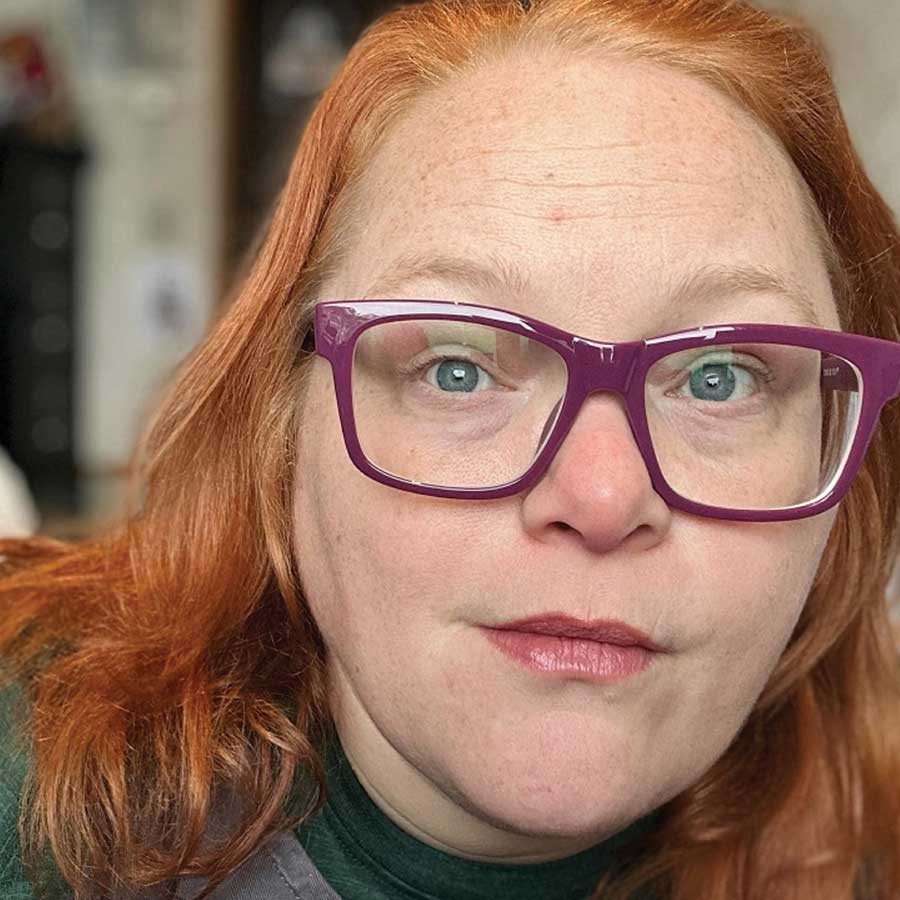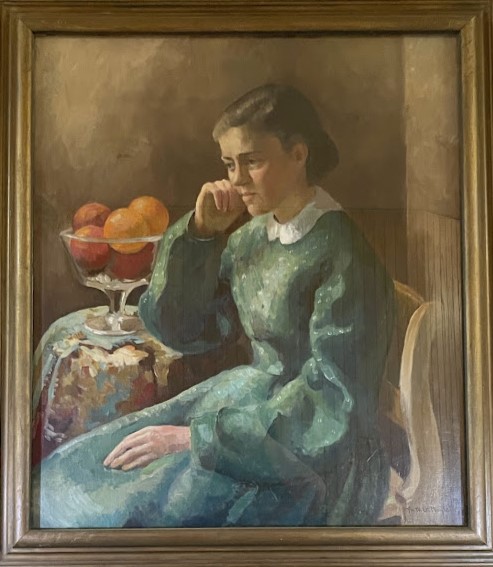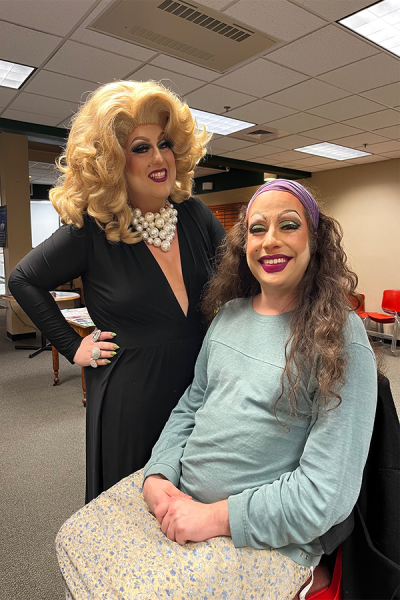Twelfth Night with a twist
Laura Roald
Polaris Production Company’s next production is in the works, and this one might be the queerest of them all. The piece chosen was “Twelfth Night,” a contemporary musical adaptation written and composed by Shaina Taub with Kwame Kwei-Armah in 2018.
The original story, ‘Twelfth Night, or What You Will,’ was a romantic comedy written by Shakespeare in the 16th century as entertainment for the Twelfth Night festival, a Christian celebration of the end of the holiday season.
The plot follows twins Viola and Sebastian, who are separated by a shipwreck and washed up on the shores of Illyria. Viola (disguised as a male, Cesario) falls for Duke Orsino, who falls for Countess Olivia, who falls for Cesario.
The show explores the concept of female independence in a “man’s world” while the characters navigate their own relationships and identities, taking the viewers through the wildest love-hexagon disguised as a triangle. The original show also included queer relationships and hilarious drama, both of which have been carried through to Taub’s adaptation.
Polaris’ production of the show stars Arlie White as Viola/Cesario, Brittney Malik as Olivia, Kate Shaw as Feste, Mattew Parker as Malvolio, Sam Avery as Sir Toby, Elsa Althoff and Maria, Emily LaRose as Sir Andrew, Mors Kuzuma as Antonio, Zib Miller as Sebastian, and James Stowell as Fabian. Additional cast includeWilbur Hayes, Andrea Sanders, and Theresa Montalbano.
Laura Roald is the director for this show, with James Kalbfleisch as assistant director, Hattie Ebling as production manager, Taylor Michaud as stage manager, and Griffin Bell as assistant stage manager, Stefanie Weigand as music director, and Rose Bernard as choreographer.
The score incorporates the musical styles of jazz-funk, Motown soul, 80’s pop, and more, all to help create what Taub and Kwei-Armah describe as “as inclusive a world as possible.”
True to the concept of “inclusivity,” queer themes in the show become layered as many of the actors were cast into roles whose characters have sexual and gender identities are different than they identify with. Casting in such a way is not completely out of the ordinary.
A 1999 adaptation of the show, “Epiphany” by the Takarazuka Revue featured an all-female cast.
In the show, a lesbian actress is cast to play a gay man. A male actor takes a role that Taub had changed to a woman, but that the production team has decided to portray as a male again.
LaRose, another actress cast to play a male character, explains her take on the situation, summarizing the feelings of her cast mates.
“It’s more about finding the character itself rather than thinking about a specific gender,” she said. “You’re trying to play the character as truthfully as possible rather than how they present to the world that we’ve created.”
Hayes, playing the Illyrian officiant in the show, expressed excitement with having an ensemble character that they get to build on their own, saying it gives them “the freedom to take that character and have an exploration” that they wouldn’t be able to have in a more set role.
Arlie White shares “Specifically with my character, [queerness] is sometimes obvious, but not super at the forefront, and I really want to lean into that.”
Despite the obvious queer diversity, cast members discuss the theme of conformity that the characters face behind the scenes.
Actors like Kuzuma say that it’s interesting to explore the idea that Illyria is supposed to be a “Utopia,” and yet, heteronormative expectations still exist in their society.
As for the show’s aesthetic, the crew is staying true to Shakespeare and Taub’s visions.
“It’s a super pastel show,” said Althoff. “The theme is all young romantic love that just sweeps you away, and we’re doing our best to resemble that.”
The costume design team, consisting of Althoff, Miller, Montalbano, and Austin White, are tasked with designing and producing all original costume pieces for the show on what is essentially a zero budget.
The crew must create each costume to properly portray the character’s personality and role in the show, keeping in mind that the clothing must be gender-appropriate for the character itself and comfortable for the actor, whose identity or appearance may not completely align.
“It’s very challenging and unique in its challenges,” said Althoff, “But it’s really fun and exciting too.”
The plans for set design are still being organized, but the crew members involved are doing their best to portray the mystical romanticism of the setting.
“They will be Playing into the far away, unknown land of Illyria,” Michaud said.
Crew members in charge of scenic and lighting design have discussed the inclusion of inflatables, flowy, draping fabric across the stage and dreamy lighting, a concept that Michaud describes as “a snow globe, a world inside of a bubble.”
This show contains interesting features, with members of the pit band becoming part of the show to follow a character around. Designers are proposing an incline be built so cast members can move scenes from the stage to the floor. For the first time, some of the actors are simultaneously learning as understudies, and some actors are having to step in where others have chosen to leave.
The show has a run time of about 90 minutes with no intermission. A preview will take place Wednesday, April 19. Opening night will be the 20th, with three shows following April 21-23.
All shows start at 7p.m. Admission is free for the NVU community, and adult tickets can be purchased now for $10 each at catamountarts.org

Dayne (he/they) is a creative writing student from Connecticut. His zodiac sign is Pisces, which tells you everything you need to know.








